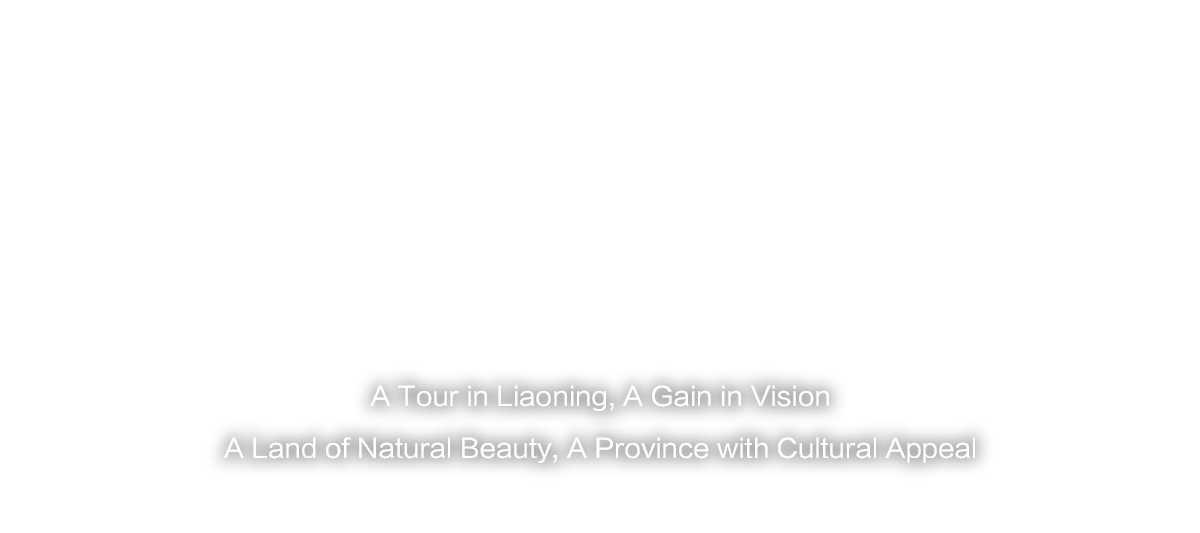A writing brush, a palm brush, a pair of tweezers, a bowl of paste... Eight restorers from the Ancient Books Preservation & Restoration Center of Liaoning Provincial Library are busy restoring damaged ancient books to bring them back to life.
There are now 610 thousand volumes of ancient books in Liaoning Provincial Library, including 120 thousand volumes of high-quality ones. These ancient books embody the profound traditional Chinese culture and are regarded as precious spiritual treasures. In 2007, the Ancient Books Preservation & Restoration Center was established. So far, more than 200 thousand pages of ancient books have been restored and brought back to life while maintaining their original styles.
“The ancient books we are talking about refer to those books with classical binding styles. Until now, these ancient books have undergone damage with different extents, including aging, burn, waterlog, mouse’s biting, worm-holes, mould, and flocculate. We restore them by fixing these problems with targeted methods,” said Wang Bin, head of the ancient book restoration team.
It often takes more than 20 complex procedures to restore ancient books. It roughly includes three different stages, namely preparing, mending, and restoring. The preparing stage alone consists of making a restoration plan, checking, removing seams, splitting pages, removing dust, selecting paper, dyeing paper, washing pages, making paste, and so on. Every single ancient book requires the restorers to make specific plan according to its damage and material.
The senior restorers require the beginners to keep calm and careful when restoring the ancient books. Moreover, they need to master a set of skills to make sure that the torn pages can be pasted and fixed as they originally were and enough paper strength can be maintained with additional materials when necessary. After mending, they need to carefully go through multiple steps including folding pages, cropping, pressing, binding, and making covers.
Cui Jinlan, a restorer, is using alcohol to deal with the specks of mould on the book. The ancient book she is working on is Qinding Daqing Huidian Zeli, which was completed in the 29th year of the reign of the emperor Qianlong (1764). With 180 volumes in total, it belongs to Si Ku Quan Shu (Complete Library of the Four Branches of Literature) and is important historical materials for studying institution in the Qing Dynasty. The book is heavily damaged and its restoration started from 2021. The section Yue (music) has now already been restored. “Some people call us “book doctors” who make diagnosis and give prescriptions to the damaged ancient books. All procedures, including making paste, removing seams, creating archives, and selecting paper for the original books are highly demanding,” said Cui Jinlan.
“It takes at least a couple of weeks, sometimes a year, or even a longer time to restore an ancient book,” said Hao Yingpeng, Director of Documentation Center, Liaoning Provincial Library, “an ancient book focusing on ancient Chinese characters that we are working on, for example, experienced severe flocculate and almost became a ‘brick’. It is therefore a hard task for us, and we can only restore one page a day.”
The Ancient Books Preservation & Restoration Center of Liaoning Provincial Library is among 12 national ancient books restoration centers and 16 national teaching institutes. The center is now mainly restoring stone inscription and rubbing in the late Qing Dynasty and the early Republic of China, with around 4000 pages successfully restored every year on average. The restoration of high-quality ancient books in the library, including those in the Ming and Qing dynasties has been completed. Many ancient books in the library have been successfully preserved while the skills and experience of restoration have also been disseminated and inherited.
Restorer of ancient books remains a relatively little known job. However, the restorers depict their jobs with much sense of achievement, “We engage in this work in obscurity and make a difference. We need to concentrate in awe. Only by calming down can we restore the books well and further disseminate our traditional culture.”

